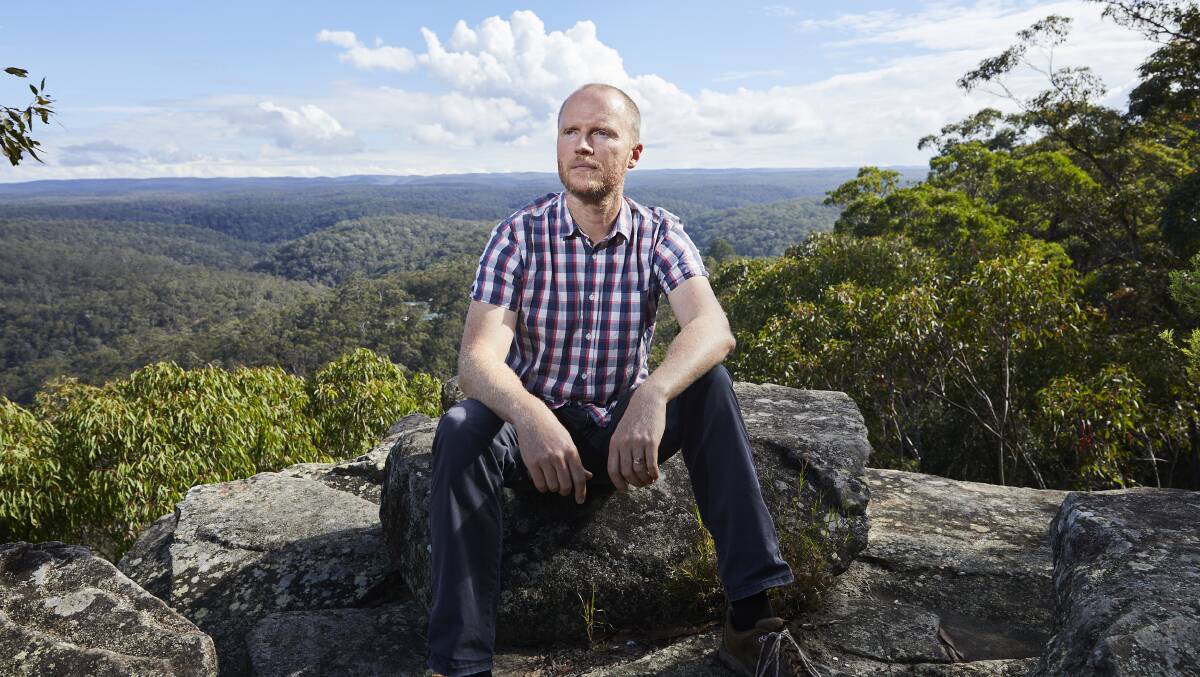A firefighter, a traditional owner and a scientist walk into a bar.
Create a free account to read this article
$0/
(min cost $0)
or signup to continue reading
While many are still counting the costs of the recent floods and heavy rainfall, it is question of when, not if, the forests of the Blue Mountains and elsewhere will eventually dry out enough to set the scene for new bushfires.

At the Fairmont in Leura on June 17, the NSW Bushfire Hub, a research partnership between universities and government, had its closing showcase event as part of the annual get together of NSW National Parks and Wildlife Service fire managers.
"It's really important that we learn from the 2019-20 fires, and others before them," said Hub researcher and Warrimoo resident Dr Hamish Clarke.
"This event was a chance to catch up, tell people about the Hub's work, and discuss what's coming next."
The NSW Bushfire Hub, which started in 2018, is made up of scientists from the University of Wollongong, Western Sydney University, the University of NSW and the University of Tasmania, supported by the NSW Department of Planning, Industry and Environment and the NSW Rural Fire Service.
The Hub was formed in recognition of the important role of science in understanding, managing and living with fire. The Hub's work spans many different facets of fire, from understanding historical patterns, to fire-related plant traits, bushfire smoke impacts on health, climate change and the development of cost-effective hazard reduction burning strategies.
Aboriginal Australians have a long history of caring for Country through the practice of cultural burning and the Hub also explored the links between Indigenous cultural burning and cultural revitalisation and wellbeing.
"There's two things that I think are really great about the Hub," Dr Clarke said.
"First of all, the Hub doesn't shy away from the complexity of fire. We've got ecologists, social scientists, climate scientists... It's exciting seeing the emerging support and funding for Aboriginal cultural land land management.
"Secondly, we have a great relationship with NSW fire managers - they even helped us develop the research questions - so there's every chance our work will be put into practice."
In 2021 the Hub was awarded the Eureka Prize for its contributions to the NSW Bushfire Inquiry, which included 19 publicly available reports on the causes and consequences of the Black Summer fires of 2019-20. And while the first Hub is winding up, researchers are already planning for a second one.
"It's not only incredibly stimulating working with such a clever and diverse crew of people, it's necessary. In this day and age, we need all hands on deck if we're going to coexist with fire," Clarke said.
Anyone interested can find out more at https://www.bushfirehub.org.

